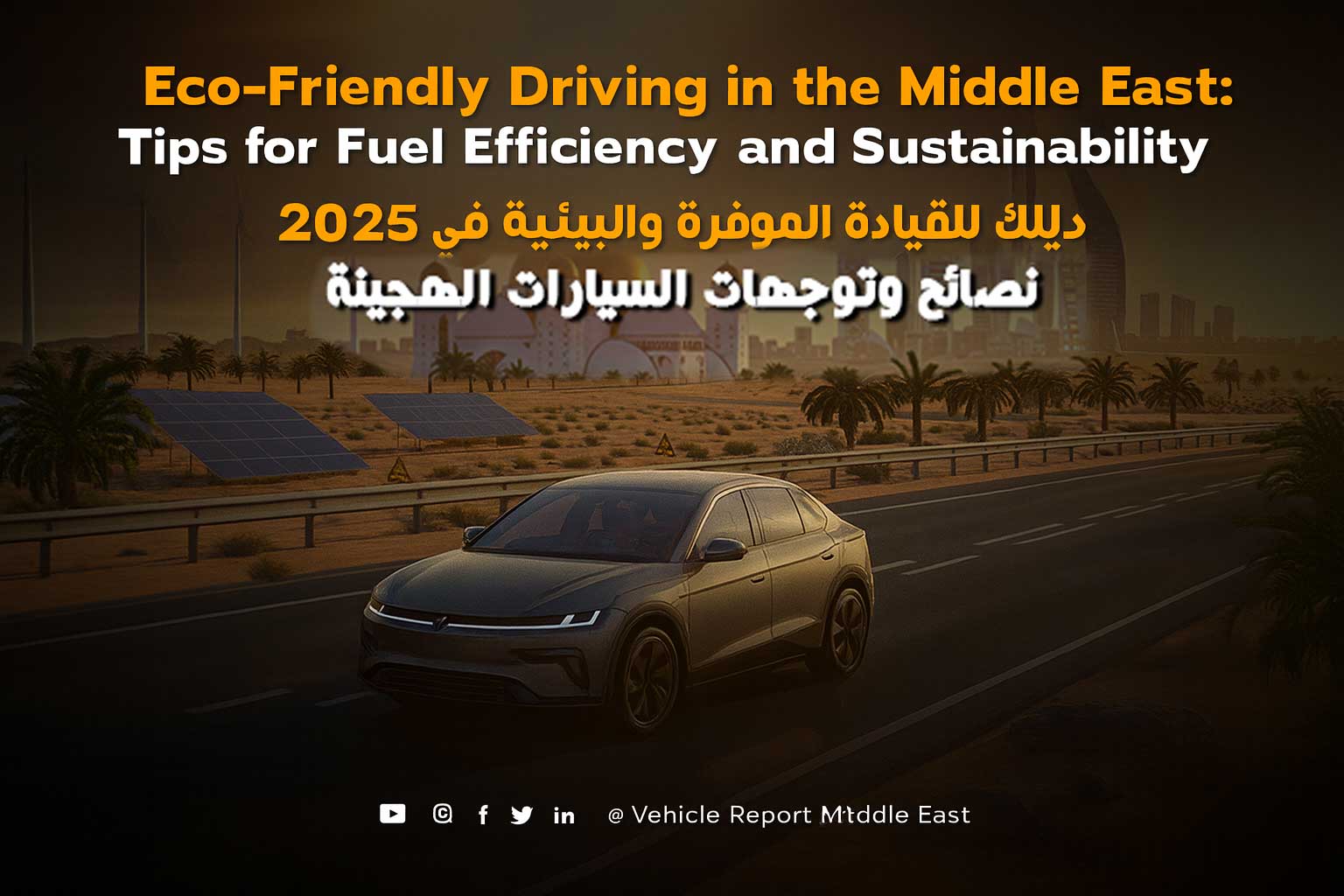أفضل نصيحة لشراء السيارات التي لم نسمع بها من قبل
Buying a car is stressful. It's a big expense. And there are so many things to consider. What type of car do you need? What's a good brand? Should you buy a new or used vehicle? What's the total cost of owning a car? How much will the vehicle maintenance cost? And how much will insurance cost? How do you negotiate the used car selling price? Where can you get an accurate used car valuation? Why does the production year matter? Why do any of the vehicle specifications matter? How do I check if the vehicle has been in an accident? How do I check if the car was not stolen?
You have so many questions, and it used to be so difficult to find good answers. That's why we created the VehicleReport. To give you all the answers in one place. Giving you the car buying advice we wished we got.
The best car buying advice first considers your needs and budget
To know what type of car you need, ask yourself questions like how many people it needs to fit? And how much luggage do you want to carry? What kind of trips will you be making? Will you be driving mainly on city roads, highways, or perhaps even off-road? Once you have the answers to these questions, you can select the body type.
Likely, you are already considering certain brands and models. Use the car brand website and marketplaces like OpenSouq, Carzaty and Yallamotors to find more suitable options.
To find out more about the quality of the different brands and models look for reviews on websites like TopGear, Edmunds and J.D. Power.
Understanding your budget and the total cost of owning a car
The next step is to consider your budget. And that's not only how much you can spend on the purchase. But, perhaps even more important, on the monthly cost of the car. When you purchase a vehicle, you can pay the total amount from your own pocket or get it with vehicle financing and pay in monthly installments. You may also decrease the purchase or financing amount with a trade-in of your current car. To understand how much the financing cost is, with trade-in and different down-payment amounts, you can use the total cost of ownership section in the VehicleReport.
Buying a new or used car is typically a matter of budget. New cars are more expensive but usually come with warranty and often with service contracts. So that may save you a bit of money and give you more peace of mind. However, used cars cost less and so have lower depreciation. And sometimes you can get warranty on these as well. The VehicleReport will also show you how much depreciation you should expect. And finally, it will also give an estimation of the average used car maintenance and insurance cost. All this information is combined into one single monthly amount, the total cost of ownership. And with that, you'll have a complete understanding of whether the selected model fits within your budget.
Once you know which cars are suitable and possible, it's time to find you the best deal.
Getting the best deal means comparing the used car selling price vs. used car valuation
You've got a good deal is when the selling price matches (or perhaps is even lower than) the market value for that car. To negotiate a good deal, you need to get an accurate valuation. And to get the used car valuation, you first need to confirm the exact specifications, the history, and the condition of the vehicle. The VehicleReport helps you do that.
Confirming the exact used car specifications
The exact specifications are confirmed using AutoData's proprietary vehicle identification number decoder. This is specifically useful to confirm the vehicle's production year and the actual specification level (or trim as it's sometimes called). The production year may sometimes be different from the year of first registration, and it is predominantly the production year that influences the car's value. The actual specification can not always be confirmed by looking at the vehicle. Some cars only have a body kit and don't have the more valuable engine or gearbox of the actual higher specced trim.
Make sure that you know exactly which model, and trim and what production year you are buying, by checking this in the specification section of the VehicleReport.
Checking the used car history
Through AutoData's services, the VehicleReport also checks if the car is imported. This is important because approximately 2 out of every 3 imported vehicles have had some sort of issues in their original country. This may be a total loss as a result of an accident, fire, or flood. Or it may be some form of factory issue and recall. It may even be reported as stolen. In the case of the latter, you shouldn't be buying the car. And if the vehicle has been declared a total loss before, then the price should be a lot lower. You can also check the 'local' accident history by going to the motor vehicle department's website and there search on the Vehicle Identification Number.
You can find all this information in the history section of the VehicleReport.
Checking the used car condition
With the specifications and the history checked, you only need to confirm the condition. We advise everybody to take the car for a comprehensive inspection with an independent party before purchasing. The best thorough and independent used car inspection and valuation service in the Middle East is called CARANTEE. You can get CARANTEE at all Precision Tune AutoCare service stations.
Confirming the used car valuation
Once you have confirmed the exact specifications, history, and condition of the used car, you can finally calculate the accurate market value of the used car. The VehicleReport does this for you, using AutoData's proprietary database. AutoData has the most accurate and complete automotive database in the Middle East. This database is also used by banks and insurance companies to price their policies and verify loan values. AutoData uses big data analytics to analyze millions of data points per year and verifies them through its in-house team of primary researchers.
Negotiating a fair selling price
One of the last steps is negotiation. With an independent 3rd party report, like the VehicleReport, you should be able to agree quickly on a fair selling price. If the comprehensive vehicle inspection (e.g., through CARANTEE) has identified certain areas for improvement, then you can ask the seller to fix these, or ask for an additional discount, so that you can have these fixed yourself. If you're negotiating with a dealer, you can consider asking for a twelve or twenty-four-month warranty if it is not already included.
Financing a used vehicle
You might consider buying a used car with a loan. A maximum of eighty percent of the appraised value can be financed by the bank. The vehicle valuation shown in value section of the VehicleReport will give you an initial idea about how much the bank will finance and how much down-payment you will have to make yourself. However, if you want to know the exact amounts, then get the comprehensive used car inspection and used car valuation of CARANTEE.
The valuation certificate from CARANTEE is accepted by all the banks. After the vehicle inspection and appraisal is finished, you can choose to have the digital report and appraisal certificate send directly to any bank of your choosing. This will also speed up the application process.
Insuring a used vehicle
Before you can have the vehicle registered under your name, you'll need to get it insured. There are a couple of things to consider when you're selecting the right insurance. You first need to choose the type of insurance. You can get coverage for only the cost of repairs of the other vehicle (and people), the so-called third-party-liability insurance (or TPL for short). Or you can get your own damages covered as well (with so-called comprehensive cover). The difference in insured premium is often substantial. So depending on your ability to cover the cost of your own damages, it may make sense to go only for TPL. Note that if you've bought the car through a loan, some banks may require you to insure the vehicle comprehensively. Often people choose comprehensive insurance because they want peace of mind. When you decide to go for comprehensive insurance, check what type of company can do the repairs. To keep your existing warranty or service contract, it may be required to repair the car with the official dealer or a selected repair agency that offers similar quality.
After choosing the type of insurance, you will need to select the so-called add-ons. If you're planning to use your vehicle off-road, or drive to the UAE, then it makes sense to add cover for that. If you need a replacement car while your car is being fixed, then you can add cover for that as well. And when you want to make sure the medical cost of your passengers that come as a result of an accident caused by you are covered as well, then you can add that cover. Remember though that, similar to when selecting the type of insurance, you pay for what you get. So consider what the chance and total cost of the insured events are. And ask yourself whether you really want to pay for that bit of peace of mind.
Transferring a used vehicle
One last bit of important advice remains. When you buy a used vehicle, you need to have it registered in your name. This takes place at the branches of the Royal Oman Police. Before the car is transferred, it gets a road-worthiness inspection. Note that this is not a comprehensive inspection. They will only check if the vehicle is still specced according to its approved standards and whether it's safe to go on the road. Once the car is approved and properly insured, the vehicle can be registered in your name. Before starting the final transfer, do one more visual inspection and check the mileage and the ownership by the seller. Then proceed with the transfer.
Typically you only transfer the ownership after you've paid for the car. Usually, both parties want to avoid risk (i.e., the buyer not paying or the seller not transferring). So it's best not to leave much time between the moment of payment and transfer. You can also agree to pay a part before the transfer and the other part after the transfer. If you're paying with a cheque, sellers typically don't want to have the cash date set after the transfer. Also, they will usually not schedule the transfer on or just before the weekend because they cannot cash the cheque (and it may prove false or uncovered). So it makes sense to plan accordingly.
The more you know, the more you don't know? No longer!
So many things to consider. But now, there's an easy place to get all the answers. Go to the VehicleReport website , enter the Vehicle Identification Number and purchase the report. Download the report and access it for a month. For multiple reports, credit bundles are available.
أحدث منشوراتنا









 تعرّف على القيمة السوقية الحقيقية
تعرّف على القيمة السوقية الحقيقية احصل على التاريخ الكامل للمركبة
احصل على التاريخ الكامل للمركبة عاين المعلومات الرئيسية بنظرة سريعة
عاين المعلومات الرئيسية بنظرة سريعة
 فيسبوك
فيسبوك لينكدان
لينكدان يوتيوب
يوتيوب انستغرام
انستغرام تيك توك
تيك توك Visa
Visa Mastercard
Mastercard  Apple Pay
Apple Pay 



